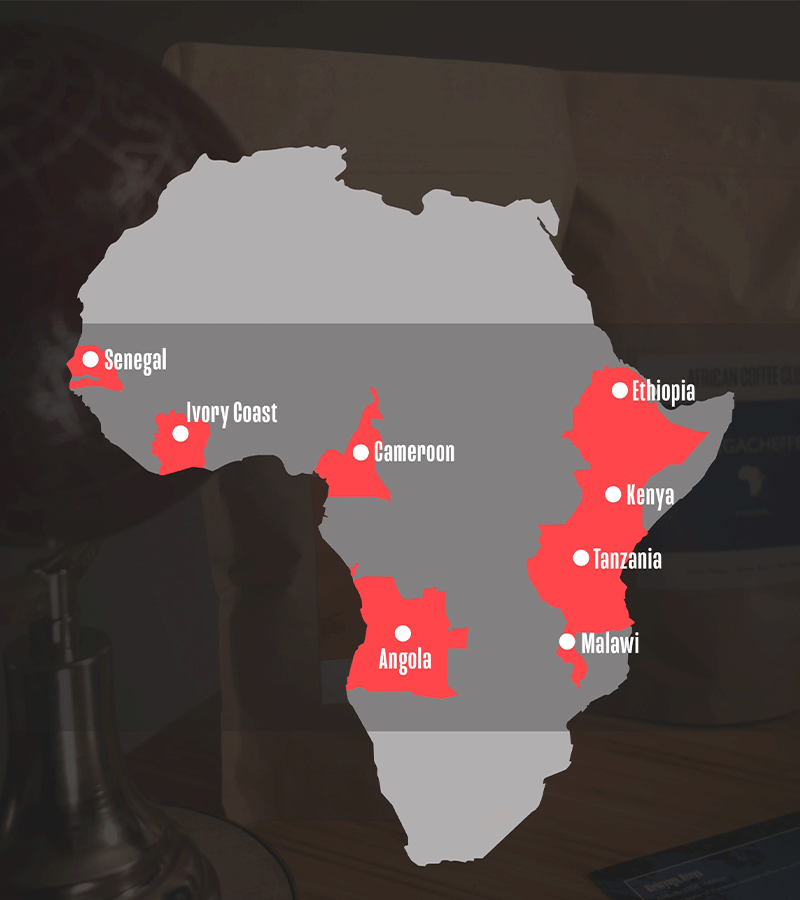Nothing beats a good cup of coffee every morning. Whenever I miss my morning cup of freshly brewed coffee, my day feels broken. To avert this, I make sure I have regular supply of coffee so that I do not risk running out coffee which means I have to make a trip to the grocery store early in the morning.
With the Coronavirus pandemic our habits have changed: stopping at a favorite coffee shop on the way to work or using the office coffee maker to brew a cup of coffee- these are the acts that used to be part and parcel of daily routine.
Most of us are now working from homes and with so many things to take attend to, which includes homeschooling children, enjoying a well-brewed cup of coffee provides a necessary sense of normalcy.
Brewing coffee at home has become the new mantra. If you are looking for ways to improve your “Home office coffee setup” with minimal expenditure, but with maximum ease and enjoyment, there are several things you can do.
A sumptuous cup of coffee begins with the quality of coffee beans
With social distancing protocols to curb the spread of the Coronavirus, going to the grocery has become a painful ordeal as you must line up in a slow-moving queue, unsure whether the product you want is available. Subscribing to a coffee club-where you receive coffee based on your preferred frequency:2 weeks, 4 weeks or 6 weeks has become a popular way to ensure constant supply.
Most people buy and use ground coffee because of the ease and convenience: it is readily available on the shelves of every local store; it's ready to brew, and won't require any extra time, skills, or equipment on your part. This, however, means that you do not get to enjoy the true aroma and taste of coffee.
Once it's been roasted and ground, coffee will go stale fast. All the taste is in the bean oils, and they will evaporate once the beans are ground. I highly recommend that you buy whole bean coffee if you want the best taste of coffee.
The best beans to buy are single origin coffee beans. If you are not sure what type of coffee beans you want, I always recommend starting with Ethiopian or Kenyan coffee. Coffee in the two countries is grown in high altitude areas which makes the coffee have fruity and sweet notes. Coffee also undergoes natural processing which helps retain all-natural nutrients and aroma.
Ethiopian Yirgacheffe coffee beans are known for their sweet flavor and aroma with the right balance of body and acidity. Yirgacheffe beans also carry a spicy note and fragrance and are frequently rated as some of the highest quality Arabica coffees in the world. You will also experience the blueberry note which is unknown to any other coffee in the world.
Ethiopian Harrar is heavy bodied with a spicy fragrance. This coffee is highly rated and known for its winey and fruity, floral-toned acidity – bright in the cup, even intense – and tasting notes describe it with a rich and pungent, heady aroma that is wonderfully reminiscent of blackberries.
A good Harrar is bold and edgy with a complexity and spice tones that may include cinnamon, cardamom, blueberry jam, apricots, compote, even smoke, and with a lingering finish.
Kirinyaga coffee, in Kenya has earned top ranking from Coffee Review, an online publication that analyses the quality of beans globally. Coffee grown in Kirinyaga is well known for ripe, fruit-forward profiles. Add to this one of coffee's best accidents—the diminutive peaberry—and you have a resounding cup. Many believe that the naturally occurring peaberry—where the coffee cherry produces one plump, round bean instead of two halves—doubles the flavor and sugar of the seed and is easier to roast.
Nyeri Coffee has flavors of tobacco with savory notes. It is also jammy with pomegranate and red wine acidity. The beans are marked by black-currant or berry flavors with lots of structure and complexity. There is a backbone of dry, red wine.
If you are looking to subscribe to a coffee club and receive coffee from the best coffee growing regions, African Coffee Club is a place to start. Every 2, 4, or 6 weeks, you will receive coffee grown in high altitude areas in Africa and a post card celebrating the uniqueness of that region.



